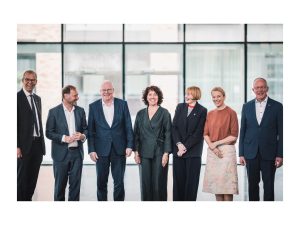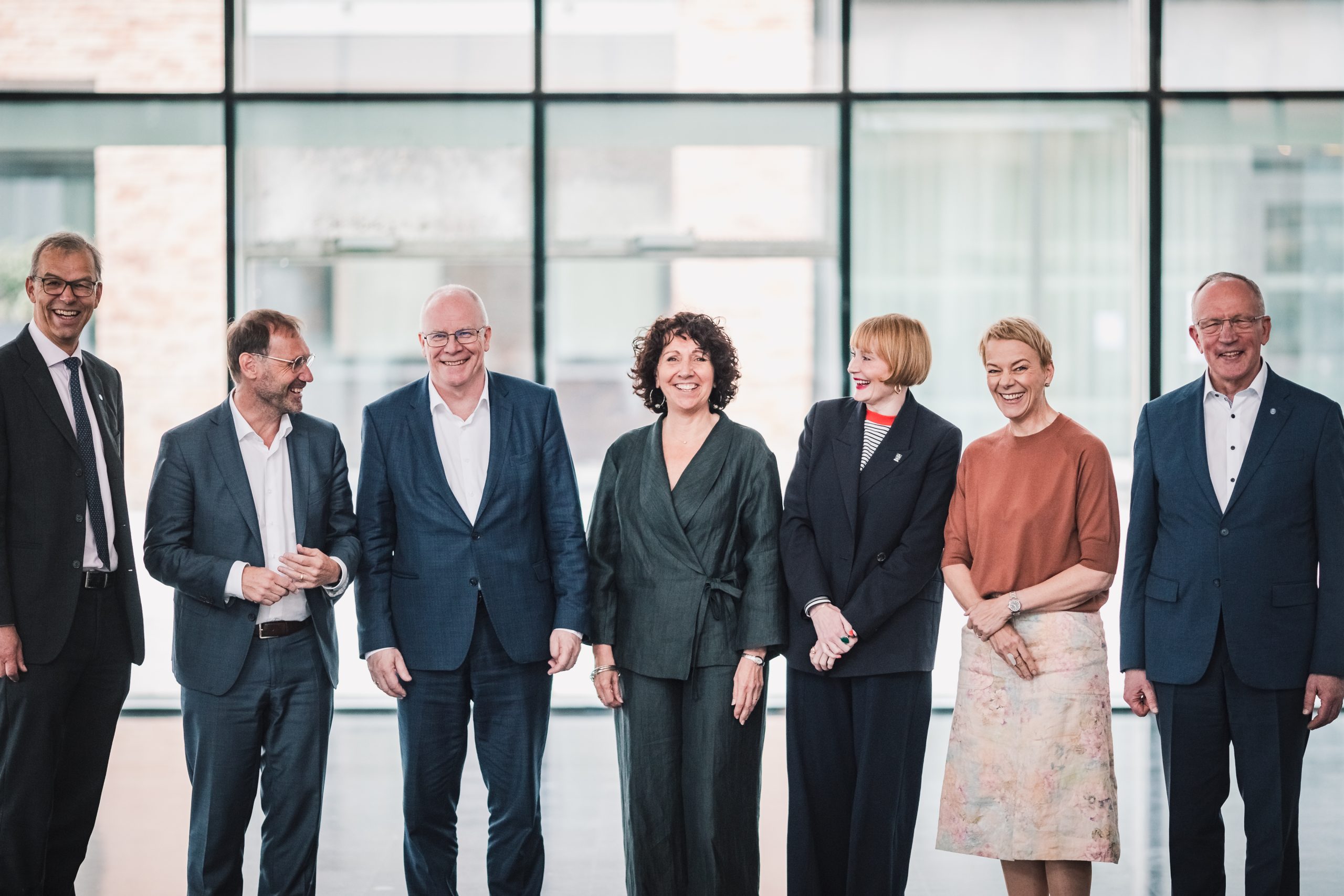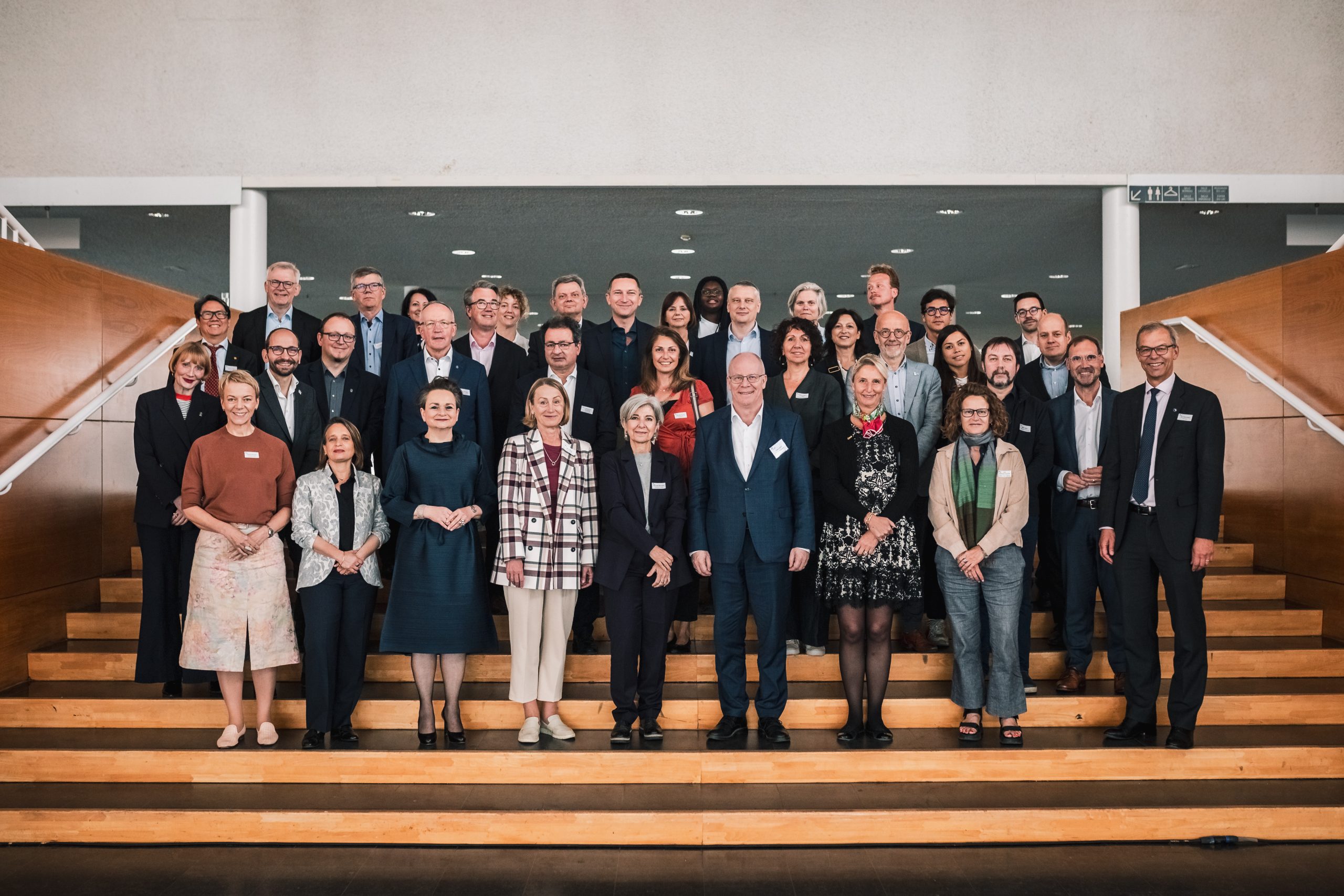The University of Luxembourg is proud to announce its admission to the “Guild of European Research-Intensive Universities”, a highly prestigious network of research-oriented European universities. By joining this prominent advocacy group, the university emphasises its dedication to academic and scientific excellence, societal impact, and international collaboration.
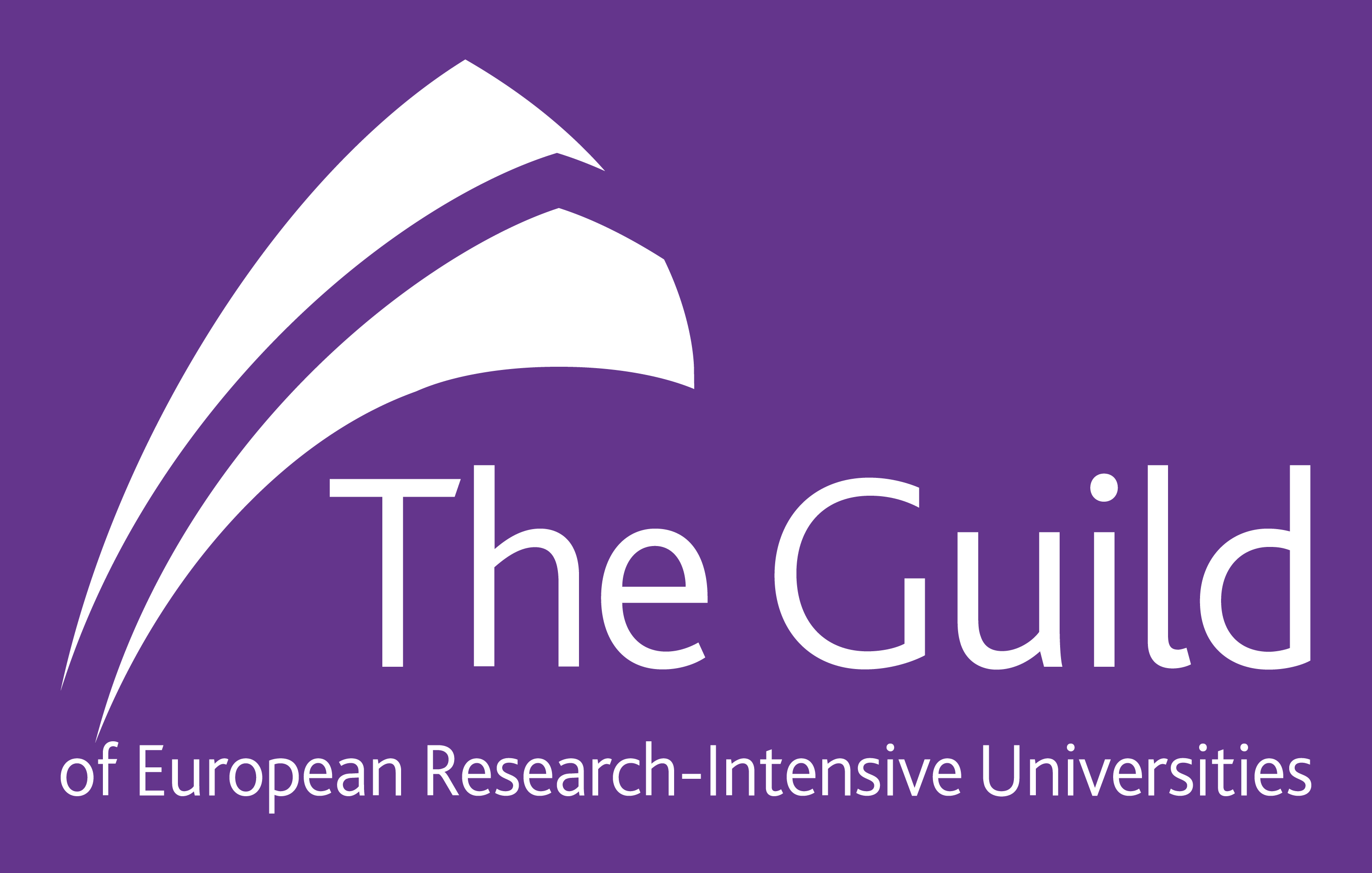
Founded in 2016, The Guild comprises twenty-three of Europe’s most distinguished research-intensive universities in seventeen countries, including members such as Kings College, University of Wien, Paris Sciences et Lettres (PSL), University of Bologna, Ghent University, University of Tübingen, Université Catholique de Louvain, and others.
As a research-intensive university, the University of Luxembourg conducts cutting-edge research, where curiosity-driven and applied research are equally valued. Rooted in strong disciplines, its research draws on combined contributions from Social Sciences and Humanities (SSH) and Science, Technology, Engineering, Mathematics and Medicine (STEM). Interdisciplinarity is a hallmark of the University of Luxembourg.
In higher education, the University of Luxembourg stands out by its human scale, its multilingualism, and its obligation for an international mobility of Bachelor students. Over 60% of the University of Luxembourg’s students come from abroad, this rich mix of cultures offering a unique academic experience.
Uniquely positioned as Luxembourg’s only public university, Uni.lu is the country’s talent factory, while ensuring that knowledge and innovation reach society.
‟ I see The Guild as a centrepiece of our international strategy, offering collaborations in research and innovation with Europe’s brightest minds, and a great potential for enhancing student mobility and experience, improving our advocacy at the European level, and gaining multi-institutional insight. In many parts of the world, academic freedom and scientific independence are under threat. To protect a democratic, knowledge-based society, we must speak with one voice to defend science-based education and policies, as well as bold and innovative research.”
Rector
‟ The Guild is proud to be joined by a strong university with colleagues who share our values, our passion for excellent research and education, and our dedication to international collaboration. The University’s membership builds on already existing rich collaborations in research and teaching. And with its close proximity to some of the EU’s key institutions, the admission of the University of Luxembourg will strengthen our engagement with the EU, and our contribution to its future. Bienvenue, herzlich willkommen, häerzlech wëllkomm, welcome!”
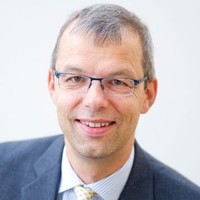
Secretary General at The Guild
Uni.lu and The Guild: 5 questions to the Rector
Prof Kreisel: With 60% of students from abroad, and 70% that stay in Luxembourg after receiving their diploma, the University of Luxembourg is a talent factory that is essential for a small country at the heart of Europe.
More than 1,000 students chose to complete their PhD here, an impressive number compared to our 5,700 Bachelor and Master students. Multicultural and multilingual to its core, the University of Luxembourg brings together 150 nationalities that work on some of the world’s most pressing issues with an interdisciplinary approach.
Prof Kreisel: The world is evolving at an unprecedented pace and amid renewed geopolitical turbulence. The 21st century is marked by rapidly changing technologies, an aging society, shifting labour markets, pressures on democracy, climate transformations, and complex security challenges.
Yet, amid these uncertainties, we witness remarkable progress across science, technology, and humanities. From breakthroughs in medicine, sustainable energy and artificial intelligence to insights into social cohesion and human resilience.
Universities are at the heart of this progress, and provide to their region innovation, stronger economies, more resilient democratic attitudes and talents. In this context, it’s very important for us to be part of the network of the most impactful research universities in Europe. Our common voices resonate stronger together.
Prof Kreisel: As a young institution and the only public university of the country, the University is fully integrated into Luxembourg’s research and technology ecosystem and the industrial and economic fabric of a country at the heart of the EU. If there is a national initiative with a research component, we’re part of it. This is especially the case in key enabling technologies such as AI through the AI Factory, the national supercomputers MeluXina, as well as quantum communication.
Most societal problems cannot be solved by single disciplines but require interdisciplinary approaches. Interdisciplinarity is in our DNA and through initiatives such as the Luxembourg Centre for Systems Biomedicine, on neurodegenerative disease or the Luxembourg Centre for Socio-Environmental Systems, on the interconnectedness of human activities and the environment, we are addressing head-on the challenges of our times.
Since the birth of the University, in only 20 years, 234 Horizon projects have been accepted, as well as 22 ERC grants.
Prof Kreisel: What I enjoy most is being part of a vibrant international institution, where I learn every day from outstanding scientists across a wide range of disciplines – all within a country that truly values and supports research and higher education.
Prof Kreisel: Our strong asset is to drive thought-leadership, academic innovation and research management. Defending academic freedom today, collectively. We can’t be naïve and remain passive when scientific and academic freedoms are endangered in more and more countries across the world. Collective action is necessary, especially when global challenges require global collaboration.
There isn’t just geopolitics, though. Artificial intelligence and quantum innovations are disrupting our societies, and we can’t just adapt. We need to be actors in these transformations that bring challenges, yes, but also immense opportunities to empower individuals and organisations.
